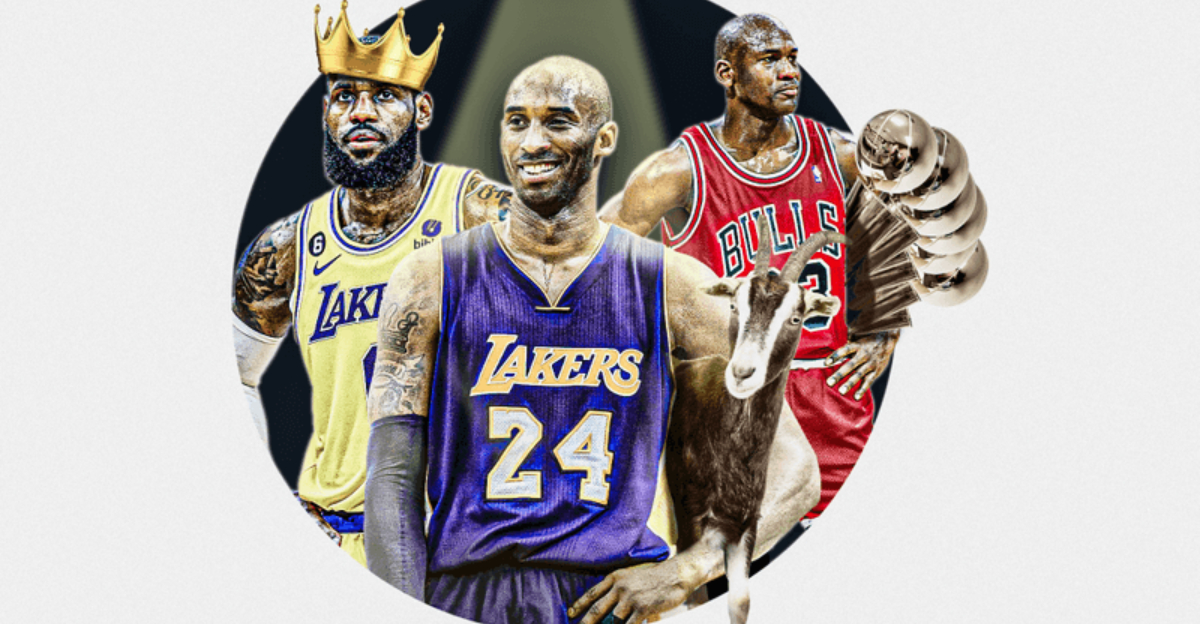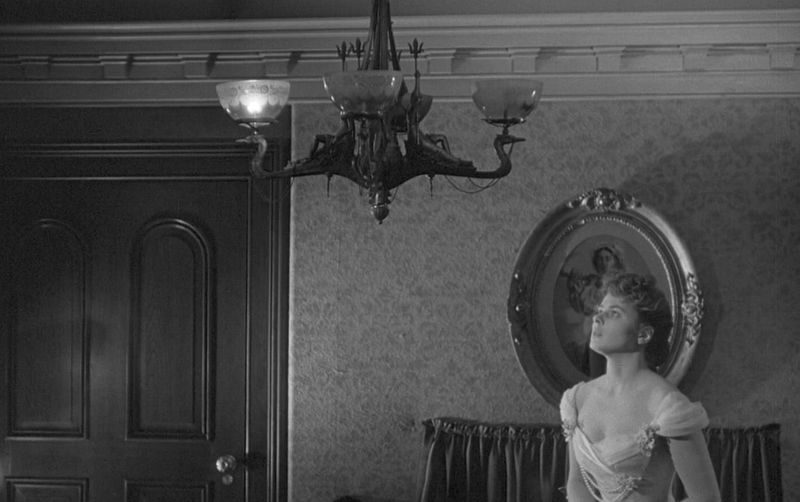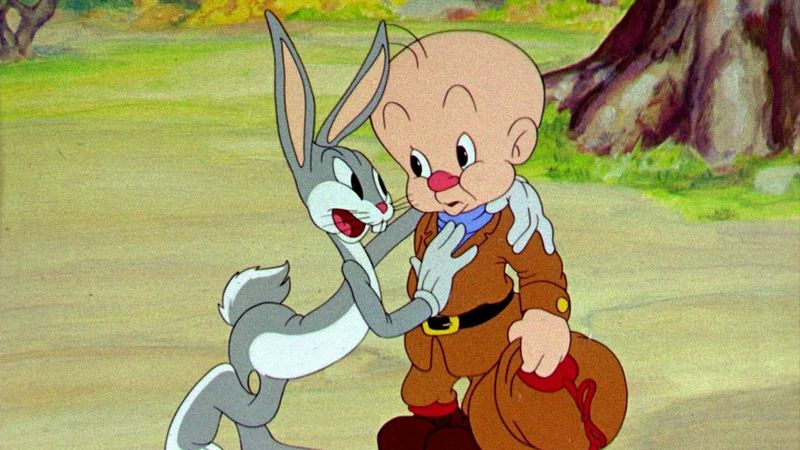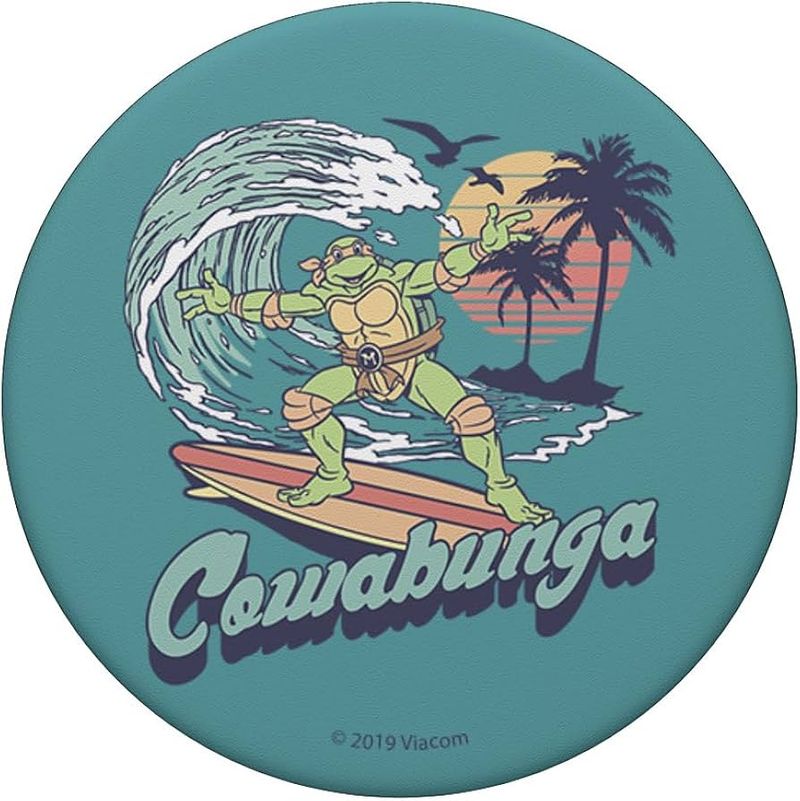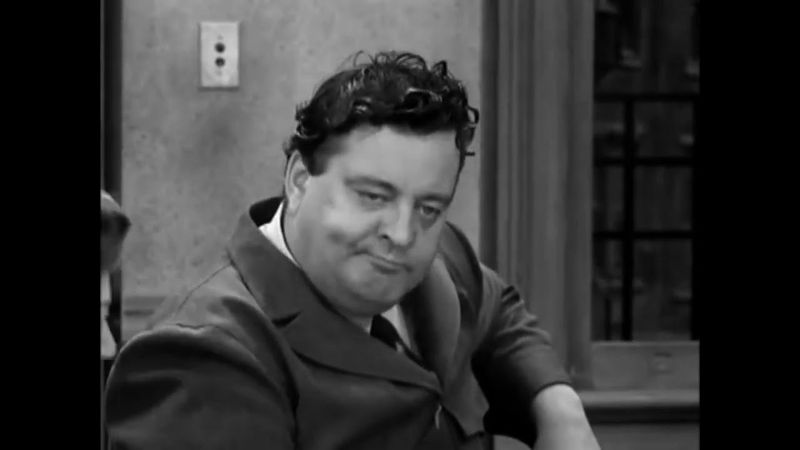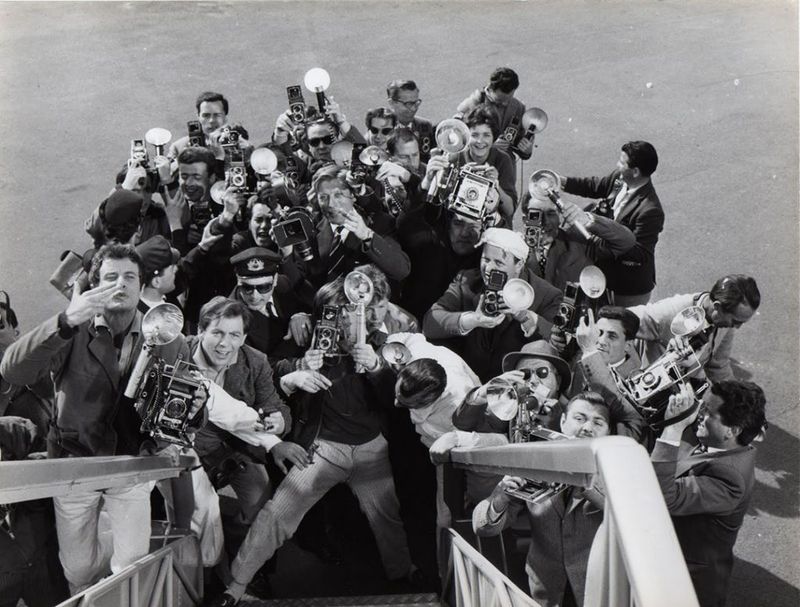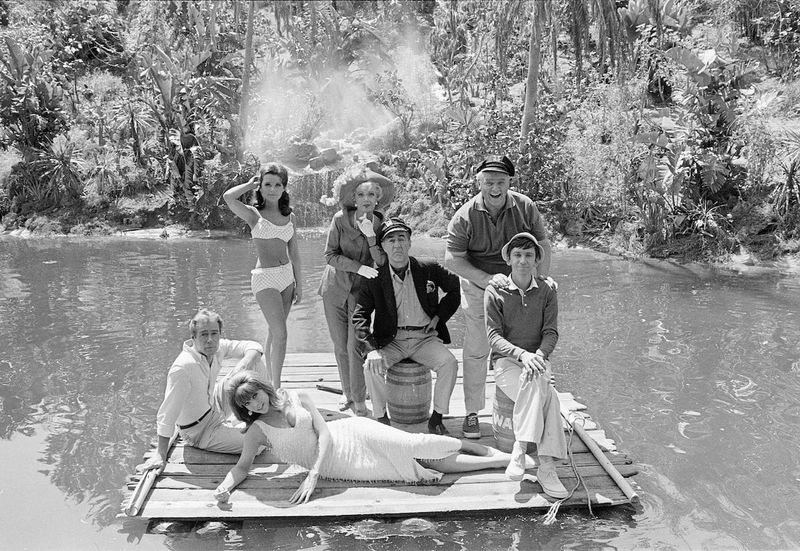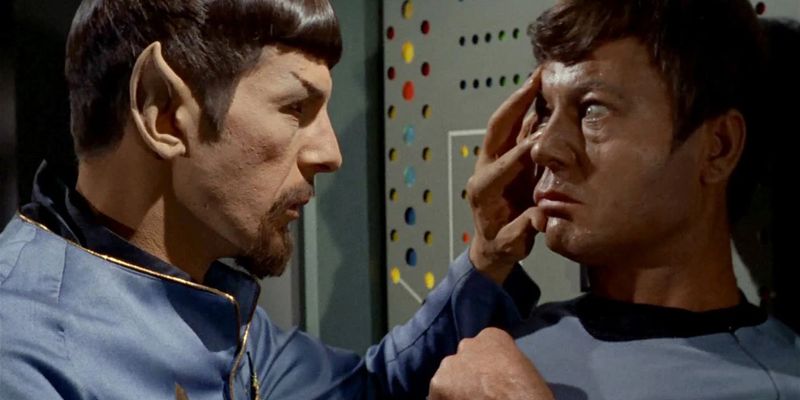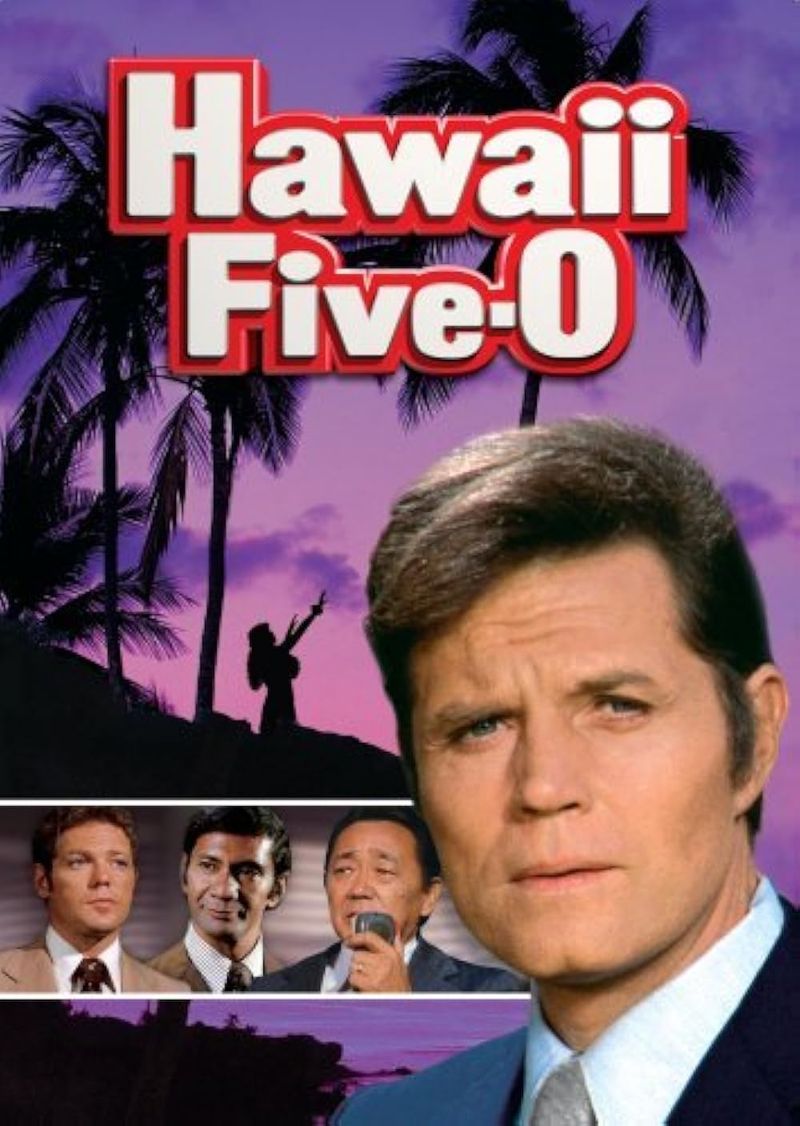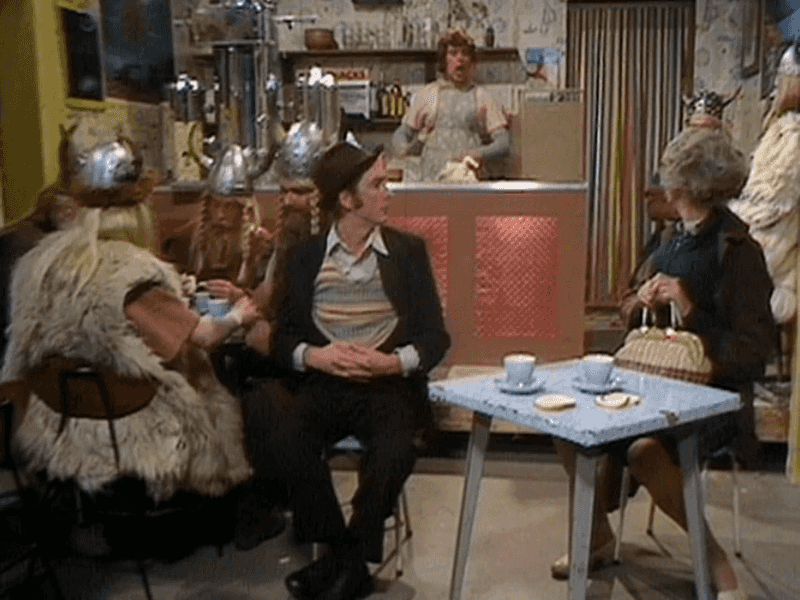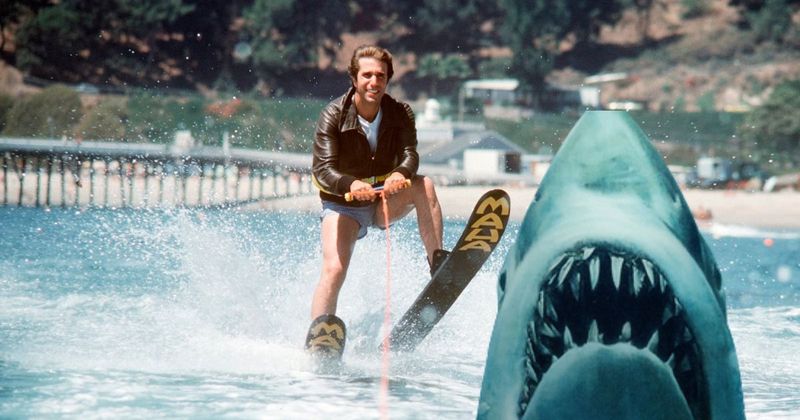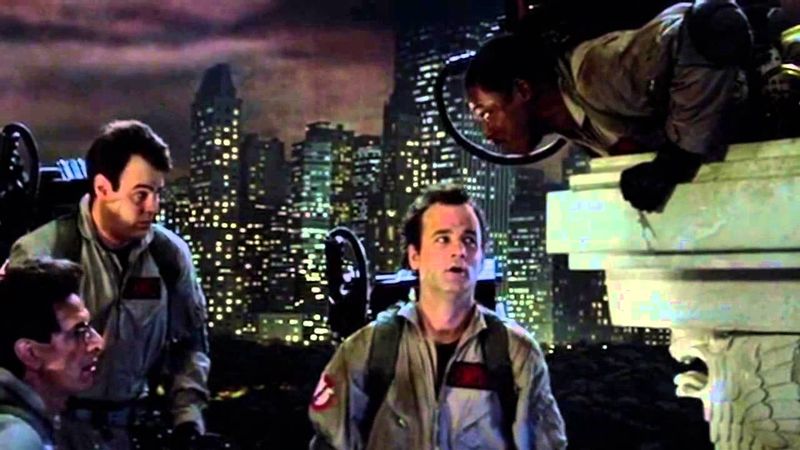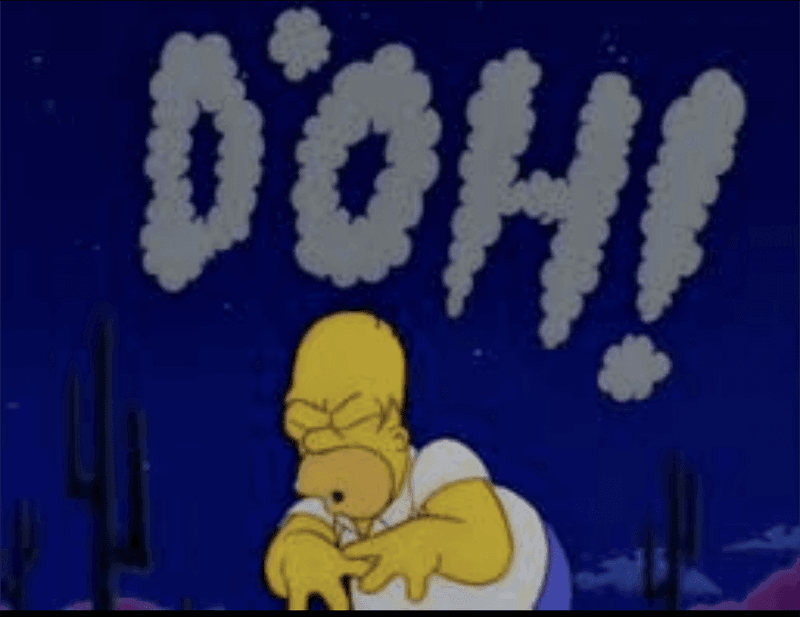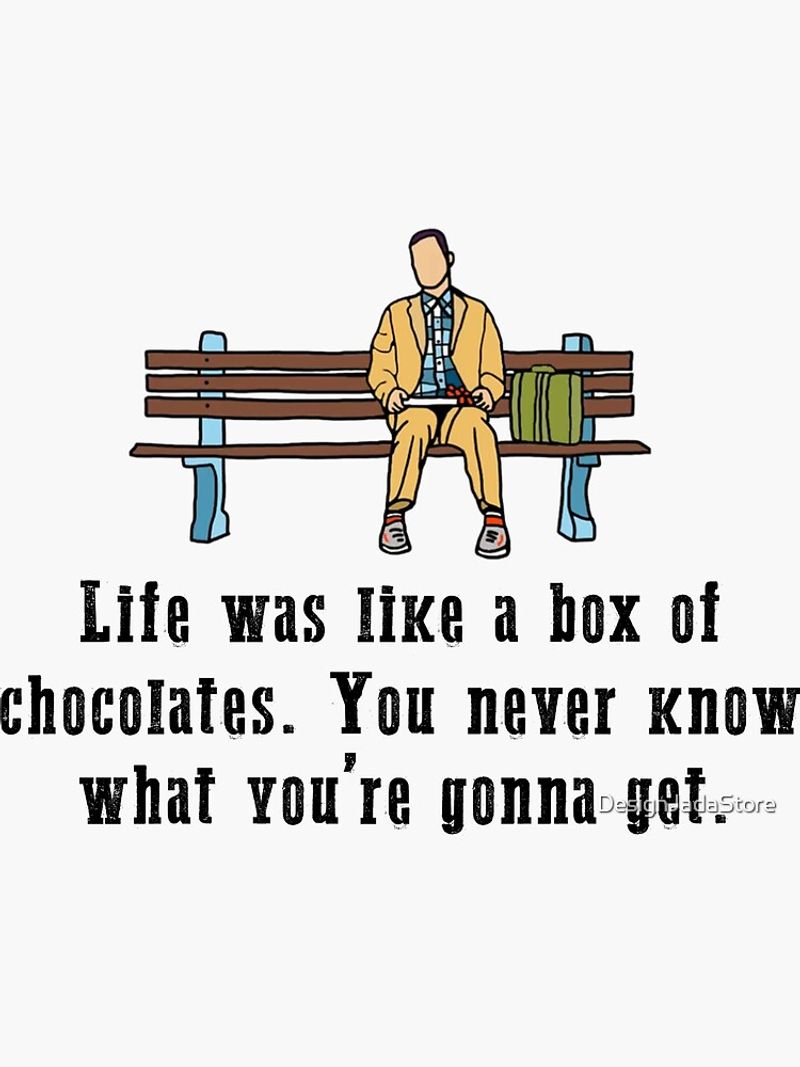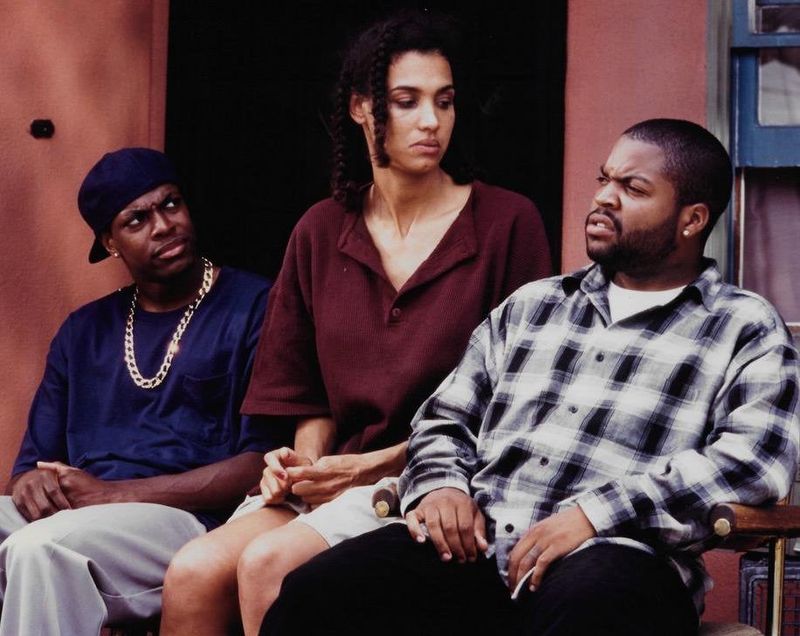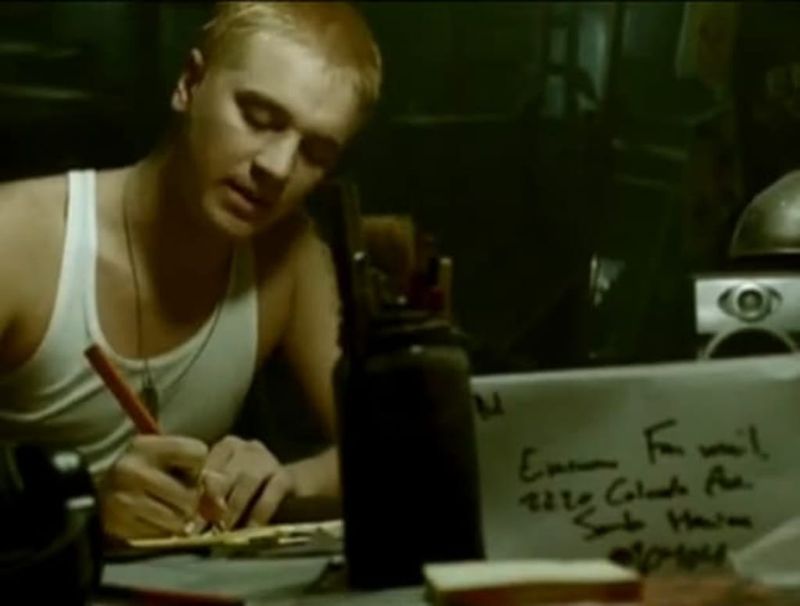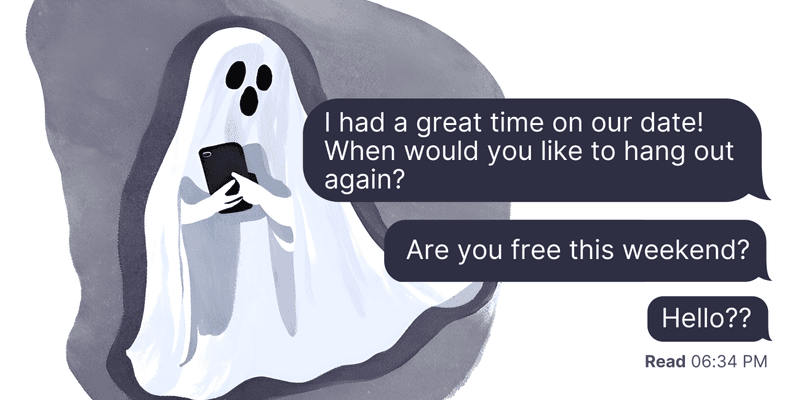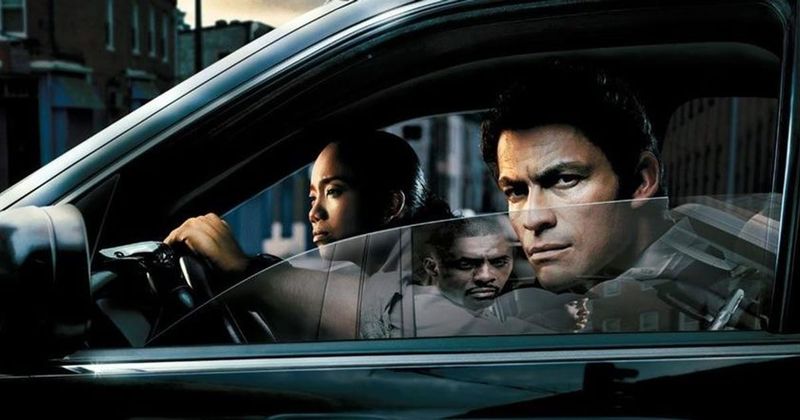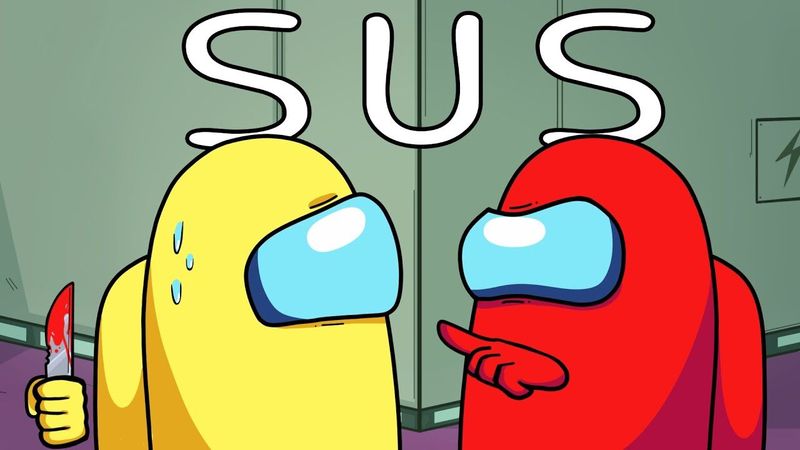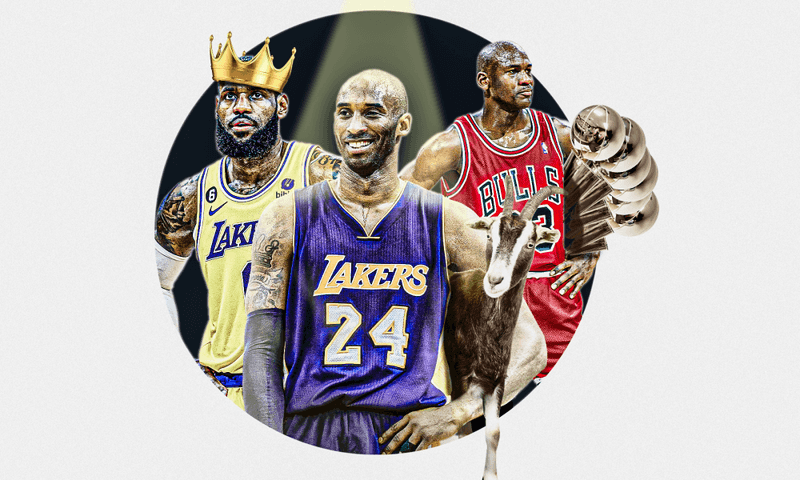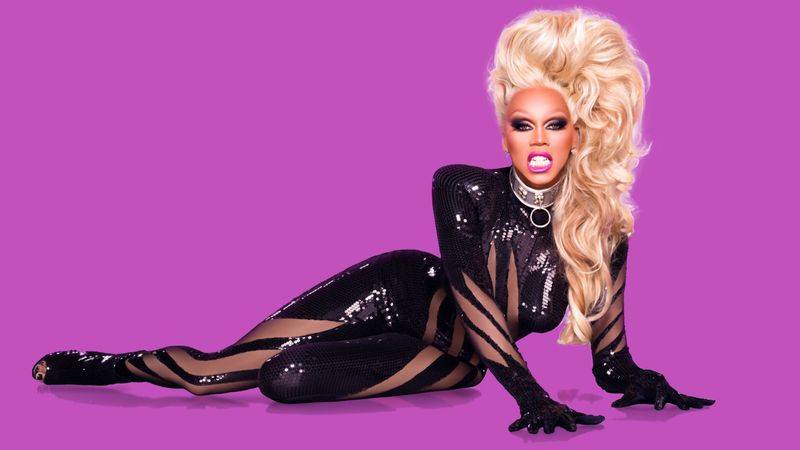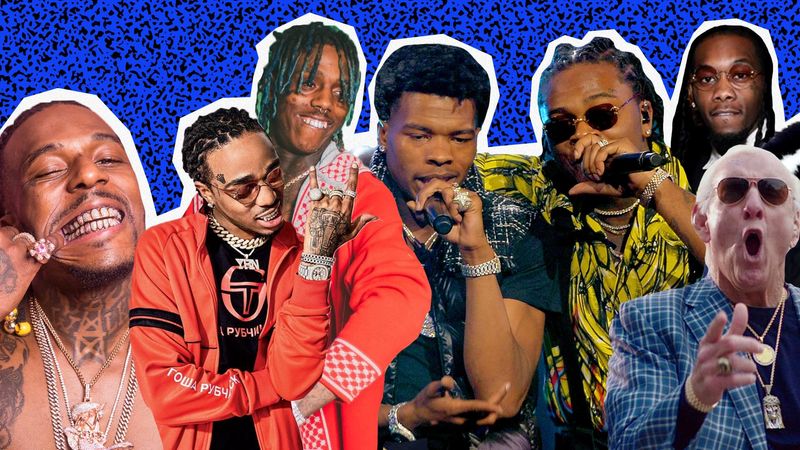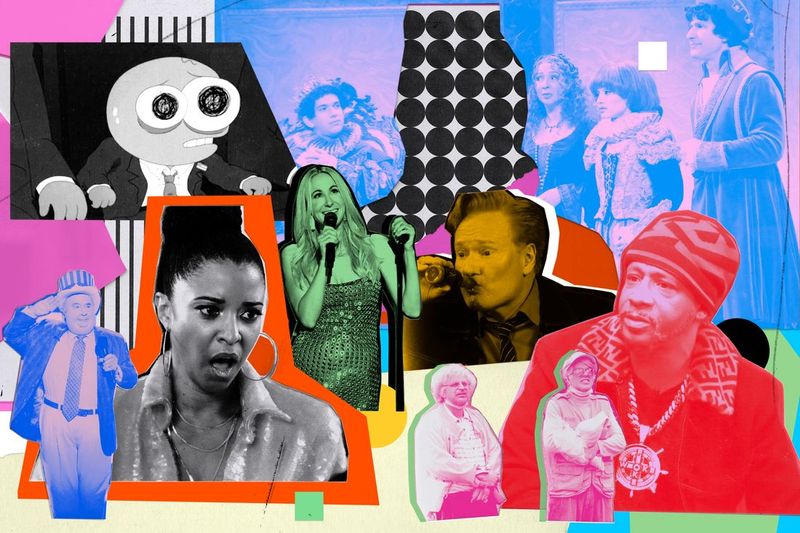Hollywood has played a pivotal role in shaping modern vernacular. From films to television, the entertainment industry has introduced a plethora of slang words into everyday language, often transforming their meanings along the way. These words not only offer a glimpse into popular culture but also reflect the evolving dynamics of language and communication. Here are 30 slang words that owe their origins or popularization to Hollywood.
1. Gaslight
Originating from the 1944 film “Gaslight,” this term describes a sinister form of psychological manipulation. In the movie, a husband dims gas lights, then denies it, causing his wife to doubt her sanity. This method has since been coined “gaslighting,” representing any act that makes someone question their reality through deceit. The haunting ambiance of the film encapsulates this unsettling tactic, making it a notable contribution to psychological terminology.
2. Nimrod
In a surprising twist, “Nimrod” transformed from a reference to a biblical hunter into slang for an inept person. This change occurred when Bugs Bunny sarcastically referred to Elmer Fudd as “Nimrod.” The irony of the context flipped its meaning, highlighting the playful and often subversive nature of cartoon humor. This linguistic shift showcases the power of sarcasm and humor in language evolution, tracing its path from biblical origins to pop culture.
3. Cowabunga
“Cowabunga,” an exuberant expression of excitement, was first heard in the 1949 show “Howdy Doody” but gained fame with the Teenage Mutant Ninja Turtles. Chief Thunderthud used it as a greeting, but the Turtles’ adoption made it iconic. This term captures the thrill-seeking spirit of surfing and adventure, mirroring the Turtles’ radical lifestyle. Its journey from a children’s show to a global catchphrase underscores the influence of TV heroes on language.
4. Hardy har har
Jackie Gleason’s character Ralph Kramden on “The Honeymooners” immortalized “hardy har har” as a sarcastic retort to unfunny jokes. This phrase, drenched in mockery, reflects the show’s comedic style, where dry wit reigned supreme. Kramden’s delivery made it resonate with audiences, embedding it into the lexicon as a go-to quip for highlighting bad humor. The phrase captures the era’s comedy, where sarcasm was a staple of entertainment.
5. Paparazzi
The term “paparazzi” owes its fame to Federico Fellini’s 1960 film “La Dolce Vita.” The character Paparazzo, a relentless photographer, became synonymous with the aggressive pursuit of celebrity snapshots. This word encapsulates the frenzied nature of celebrity culture and the media’s intrusive tendencies. Its cinematic origin highlights the power of film in shaping societal trends, echoing the persistent buzz of camera shutters in the quest for fame.
6. Supercalifragilisticexpialidocious
Introduced by the whimsical film “Mary Poppins,” this nonsensical word describes something extraordinarily wonderful. The song that bears its name captured hearts, making the term synonymous with delight and magic. Its playful phonetics and imaginative flair embody the film’s enchanting spirit, celebrating the joy of language. Bursting with creativity, this word has transcended its cinematic roots, becoming a symbol of unrestrained exuberance and linguistic fun.
7. Ribbit
The sound “ribbit,” commonly associated with frogs, gained popularity through Mel Blanc’s portrayal of “Ribbit the Frog” on “Gilligan’s Island.” Although this onomatopoeic term was not originally widespread, the episode introduced it to a broader audience. Its catchy, rhythmic quality mirrors a frog’s distinctive sound. This delightful term’s rise to fame underscores the role of television in shaping even the smallest elements of language, transforming them into cultural staples.
8. Mind Meld
The term “mind meld” describes a profound telepathic connection, originating from “Star Trek.” This Vulcan technique allows characters to share thoughts, reflecting the series’ exploration of empathy and unity. The concept’s portrayal in a futuristic setting enriches its allure, inviting viewers to imagine deeper connections beyond words. This inventive term illustrates the intersection of science fiction and linguistic creativity, highlighting Star Trek’s enduring impact on pop culture lexicon.
9. Five-O
The term “Five-O” became synonymous with police thanks to the TV series “Hawaii Five-O.” The show’s depiction of law enforcement in the idyllic Hawaiian setting popularized this catchy moniker. Its rhythmic, memorable nature made it a favorite among audiences, embedding it in the cultural vocabulary. This term’s journey from a TV title to a universal police slang exemplifies how television can engrain new expressions into everyday language with flair and simplicity.
10. Spam
Monty Python’s 1970 sketch introduced “spam” as more than canned meat; it became synonymous with unwanted clutter. The sketch’s humor, where “spam” overwhelmed conversation, mirrored the inundation of unwanted emails. This transformation reflects the sketch’s absurdity, capturing the essence of information overload. By turning a mundane product into a metaphor for excess, Monty Python highlighted how humor can reshape language, creating terms that endure in the digital age.
11. Jump the Shark
The phrase “jump the shark” describes a point where something once popular starts to decline. This originated from “Happy Days,” when Fonzie famously jumped over a shark on water skis. This stunt marked a creative downturn, and the phrase now symbolizes moments when media reaches for attention, often with diminishing returns. Its adoption highlights how a single TV moment can encapsulate a broader phenomenon, becoming shorthand for recognizing a slip in quality.
12. You’re Toast
“You’re toast,” a phrase implying doom, gained traction from “Ghostbusters.” The line “This chick is toast!” resonated with audiences, capturing the film’s mix of humor and suspense. It became a catchphrase for predicting certain failure or demise. This expression reflects the film’s playful tone, blending comedic bravado with supernatural stakes. Its enduring popularity underscores the power of memorable movie quotes to shape everyday expressions, infusing them with cinematic charm.
13. D’oh!
Homer Simpson’s exclamation “D’oh!” has become a universal expression of frustration. Originating from “The Simpsons,” its simplicity and relatability have made it a favorite. This monosyllabic outburst captures everyday exasperation with humor, reflecting the show’s satirical style. Its brevity and comedic timing contribute to its longevity, highlighting how animated characters can leave an indelible mark on language. “D’oh!” exemplifies the power of cartoons to create iconic phrases that resonate widely.
14. Hasta la vista, baby
The line “Hasta la vista, baby,” from “Terminator 2,” became a legendary farewell. Arnold Schwarzenegger’s delivery imbued it with swagger, turning it into a pop culture phenomenon. This phrase encapsulates the film’s blend of action and charisma, resonating beyond its cinematic origins. Its widespread adoption reflects the power of film to create iconic expressions that transcend language barriers, offering a dynamic way to say goodbye with unmistakable flair and impact.
15. Life is like a box of chocolates
Forrest Gump’s phrase “Life is like a box of chocolates” eloquently describes life’s uncertainties. This metaphor, delivered with Southern charm by Tom Hanks, became emblematic of the film’s philosophical undertones. It underscores life’s unpredictability, offering wisdom wrapped in simplicity. The phrase reflects the film’s heartwarming narrative, resonating with audiences as a reminder of life’s surprises. Its enduring popularity highlights cinema’s ability to encapsulate profound truths in memorable, accessible language.
16. Woke
The term “woke,” originally from Black slang, signifies social awareness. While Erykah Badu’s music introduced it, shows like “Empire” mainstreamed its use. It emphasizes consciousness about societal issues, reflecting the ongoing struggle for justice and equality. The word’s evolution illustrates how media can amplify cultural expressions, turning them into rallying cries for change. “Woke” embodies a commitment to awareness, urging vigilance in the face of injustice and championing equity and understanding.
17. Bye, Felicia
The phrase “Bye, Felicia” gained fame from the film “Friday,” where Ice Cube dismisses a bothersome character. This succinct line epitomizes dismissal with a blend of humor and finality. Its casual delivery made it a viral catchphrase, symbolizing the act of brushing off unwanted interactions. The phrase’s rise to prominence highlights how a single movie line can capture cultural sentiments, offering a witty, memorable way to express disengagement with minimal words.
18. Stan
The term “stan,” blending “stalker” and “fan,” describes obsessive fandom. Originating from Eminem’s song “Stan,” it portrays a devoted yet dangerous admiration. This concept highlights the fine line between passion and obsession, resonating in today’s celebrity-driven culture. Its adoption underscores music’s ability to influence language, turning a cautionary tale into a common term for intense fan behavior. “Stan” captures the complexities of admiration, reflecting the multifaceted relationships between fans and idols.
19. Catfish
The term “catfish” emerged from the 2010 documentary of the same name, describing fake online personas. This concept reflects the deceptions possible in digital interactions, where identities can be easily fabricated. Its rise in popularity highlights the challenges of authenticity in the digital age. The term captures the duality of appearance versus reality, emphasizing caution in online relationships. “Catfish” symbolizes the need for vigilance in navigating the complex world of virtual connections.
20. Ghost
In the realm of online dating, “ghosting” describes the abrupt cessation of communication without explanation. This term, popularized by media like “Ghosted,” mirrors the haunting absence felt when someone seemingly vanishes. It captures the emotional impact of digital disconnection, reflecting the transient nature of modern relationships. The term’s widespread use underscores the challenges of maintaining connections in a digital world, offering a succinct way to describe the unsettling experience of being ignored.
21. Tea
The term “tea,” signifying gossip, became mainstream through “RuPaul’s Drag Race.” Originating from Black ball culture, “spilling the tea” refers to sharing juicy details. This phrase encapsulates the art of storytelling, reflecting the vibrant communities that cherish wit and narrative. Its adoption by broader audiences highlights the influence of drag culture on language, transforming a simple beverage into a metaphor for revelation. “Tea” captures the playful essence of sharing secrets with flair.
22. Flex
“Flex,” originating from hip-hop, describes the act of showing off one’s accomplishments. Songs like Ice Cube’s and “No Flex Zone” popularized it, emphasizing confidence and swagger. This term reflects the cultural value placed on success and self-expression, resonating with those who celebrate achievements. Its widespread use illustrates music’s impact on language, turning personal pride into a universally understood concept. “Flex” embodies the spirit of self-assurance and the art of showcasing one’s prowess.
23. Salty
The term “salty,” describing bitterness or upset, evolved from naval slang and was popularized by shows like “The Wire.” Its playful imagery, likening dissatisfaction to the taste of salt, resonates with those who experience minor annoyances. Meme culture further amplified its use, highlighting humor in frustration. “Salty” captures the essence of bearing a grudge with humor, reflecting the interplay of language and emotion in expressing discontent with a touch of levity.
24. Sus
The term “sus,” short for suspicious, gained traction with the game “Among Us,” though it appeared earlier in “Parks and Recreation.” This abbreviation reflects the quick judgments often made in the heat of gameplay, capturing the essence of distrust. Its adoption underscores the influence of gaming culture on language, turning suspicion into a common, concise expression. “Sus” highlights the dynamic nature of slang, evolving to meet the needs of fast-paced communication.
25. Cheugy
Coined by Gaby Rasson, “cheugy” describes things deemed uncool or outdated, gaining popularity on TikTok. This term reflects the generational shift in cultural preferences, mocking millennial trends once celebrated. Its playful tone captures the ever-changing landscape of what’s considered stylish, highlighting the cycle of trends. “Cheugy” exemplifies how social media platforms like TikTok can propel niche terms into mainstream discourse, offering a fresh perspective on the fluid nature of coolness.
26. GOAT
The acronym “GOAT,” meaning Greatest of All Time, was popularized by LL Cool J’s album but found a broader audience in sports media. It celebrates unparalleled achievement, turning respect into a powerful, concise label. This term reflects society’s admiration for excellence, resonating with those who recognize greatness. Its widespread use illustrates media’s role in cementing language, turning praise into a universal accolade. “GOAT” captures the essence of legendary success and the pursuit of excellence.
27. Slay
The term “slay,” originating from ball culture and popularized by “RuPaul’s Drag Race,” signifies excelling with flair. It captures the confidence and artistry of those who break boundaries and shine in their craft. This expression reflects the empowerment found in self-expression, celebrating those who defy norms with style. “Slay” embodies the spirit of triumph and individuality, illustrating how language can uplift and inspire. Its journey from subculture to mainstream highlights the transformative power of expression.
28. Clout
“Clout,” originating from hip-hop and amplified by social media, describes influence and fame. This term captures the essence of power dynamics in the digital age, where visibility equates to status. It reflects the cultural obsession with recognition and the pursuit of notoriety. “Clout” illustrates how language evolves to encompass new concepts of authority, resonating with those navigating social hierarchies. Its widespread use underscores the role of media in shaping perceptions of influence and success.
29. Extra
The term “extra,” describing exaggerated behavior, gained fame from shows like “Martin,” and later meme culture. This slang captures the spirit of going above and beyond, sometimes to comical extremes. It reflects the vibrancy of personalities who embrace their uniqueness with gusto. “Extra” showcases the playful side of language, celebrating the art of standing out with enthusiasm. Its rise to popularity underscores the power of television and internet culture in shaping expressive vocabulary.
30. Glow Up
The phrase “glow up” describes a remarkable transformation, often physical, celebrated on platforms like Black Twitter and reality TV. This concept reflects the journey of self-improvement and evolution, resonating with those embracing change. Its viral nature underscores the impact of social media in promoting personal narratives of growth. “Glow Up” embodies the spirit of reinvention and the celebration of progress, illustrating how language evolves to capture the essence of transformation and achievement.
